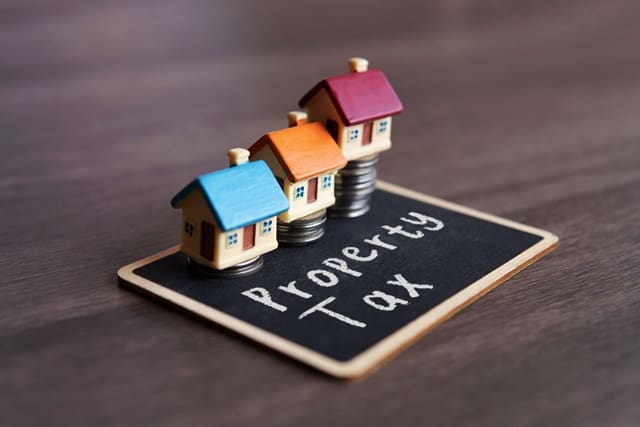Owning a home is an exciting milestone, but understanding property taxes can be overwhelming for new homeowners. These taxes, assessed annually, are critical to funding local schools, infrastructure, and public services. Mismanaging property taxes can lead to financial stress, so learning how they work and how to manage them is essential. This guide provides expert advice to help you navigate property taxes confidently and make informed decisions. With proper planning, you can better prepare for this ongoing cost of homeownership.
What Are Property Taxes?
Property taxes are levied by local governments on real estate properties to fund community services such as schools, police departments, and road maintenance. These taxes are typically calculated based on the assessed value of your home and the local tax rate. Factors like location, property size, and market value can significantly influence the amount owed. Unlike some other expenses, property taxes are not fixed; they may increase or decrease depending on changes in property assessments or local government budgets. Understanding how these taxes are calculated helps homeowners anticipate and plan for these costs.
How to Determine Your Property Tax Obligations

Knowing how your property taxes are calculated is crucial for managing your finances. The assessed value of your home is determined by a local tax assessor, often based on its market value or a percentage of it. This value is then multiplied by the local tax rate, which varies by region. Some areas offer exemptions or deductions, such as for seniors, veterans, or low-income families, which can lower your tax burden. Reviewing your annual property tax bill and understanding its components is essential to ensure accuracy and identify potential savings. Seek assistance from local tax offices or professionals if you have questions about your assessment.
Tips for Managing Property Taxes Effectively
Managing property taxes involves proactive planning and attention to detail. First, establish a dedicated savings account to set aside money for annual tax payments. Many mortgage lenders include property taxes in escrow, making it easier to manage this expense. Consider appealing your property’s assessed value if you believe it is too high, as this can reduce your tax bill. Take advantage of any available exemptions or credits to minimize your obligations. Lastly, stay informed about changes in local tax laws, as these can impact your annual payments. Being organized and informed can save you both money and stress.
Planning for Future Property Tax Increases

Property taxes are not static and often rise due to increased property values or changes in local tax rates. To avoid surprises, research historical tax trends in your area when buying a home. Regularly review your home’s assessed value to ensure it aligns with the market. Budgeting for potential increases ensures you’re financially prepared for adjustments. If you plan to make significant home improvements, understand how these changes could affect your property’s assessed value and tax bill. Taking a forward-thinking approach will help you manage your long-term financial obligations more effectively.
Conclusion: Property Tax Awareness for Smarter Homeownership
Understanding and managing property taxes is a vital part of successful homeownership. These taxes are more than just a financial obligation; they contribute to the growth and sustainability of your community. By staying informed, budgeting wisely, and seeking expert advice, you can navigate the complexities of property taxes with ease. Make property tax awareness a priority, and you’ll be better equipped to enjoy the benefits of homeownership while maintaining financial stability.
#PropertyTaxes #HomeownershipTips #RealEstateTaxes #FinancialPlanning #TaxSavings #NewHomeowners #PropertyValue #BudgetingTips #RealEstate

Richard has extensive experience in all aspects of buying and selling residential property. He has sold more than 400 homes and well over $100 million in residential real estate. There’s no need to guess. Get expert advice that will allow you to buy and sell with confidence and ease.
For neighborhood guides about Decatur and other intown neighborhoods, click here.
To learn more about the value of your home, please complete the form here.
If you are looking to purchase a home, please reach out here. We would love to help you have a wonderful buying experience.
You can always reach us through the Contact Us page here as well.
